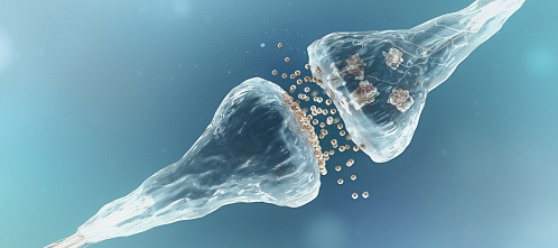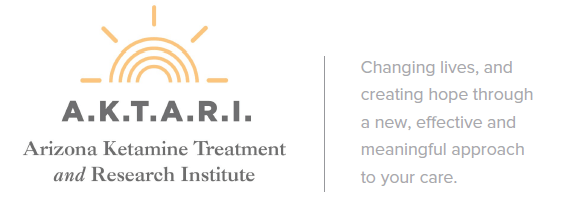
Neurons & Synapses
Experts aren’t quite sure how Ketamine works, but they do know it works differently than other commonly used antidepressants like Prozac, Zoloft, or Effexor. In general, Ketamine infusion activates certain neurotransmitter receptors and pathways which trigger rapid growth of new neurological connections. Some researchers believe that prolonged exposure to stress causes certain neurons to die off, resulting in depression, but Ketamine causes them to rapidly re-grow within hours, relieving the depressive symptoms. Animal studies reveal that Ketamine disconnects many synapses within minutes of infusion, and the affected neurons reattach new synapses over the following few hours or days.
Non-Depression Blueprint
There is speculation that depression results from the violation of the original blueprint of neurological brain connections due to mis-connections of certain critical synapses, and that Ketamine detaches the improper synapses allowing them to regrow and reattach according to the original non-depression blueprint. However, over many weeks or months the improper synapse connections gradually reform and so depression can reappear in some patients. This explains why these patients need to repeat Ketamine therapy every few weeks or months to restore the normal brain wiring and relieve recurrent depression.

Glutamate
There are other hints that Ketamine helps improve or inhibit several other mechanisms in the brain as well. Unlike other antidepressants, which work on serotonin or norepinephrine pathways, Ketamine works via the glutamate pathway. Glutamate is one of the most prominent neurotransmitters in the brain and regulates large regions of the nervous system. Overactivation of glutamate receptors may lead to long-term depression, and Ketamine works by blocking these glutamine receptors. Ketamine is also a powerful anti-inflammatory medication. Since depression has been linked to chronic inflammation, this may also be part of its antidepressant effect.
Ketamine Study Summary
An article in the Journal of Neuropharmacology summarized 25 peer-reviewed studies that examined Ketamine therapy for people with depression. Every one of these studies study suggested that Ketamine was indeed an “active and rapid antidepressant” for people with treatment-resistant depression. Some of those studies showed that Ketamine reduced thoughts of suicide in depression subjects.
“[Ketamine] blew the doors off what we thought we knew about depression treatment.”
Dr. James Murrough, Department of Psychiatry, Mount Sinai Hospital, New York
“In recent years, we and others have shown that Ketamine could often counter the symptoms of depression in treatment-resistant cases.”
Dr. Dennis Charney, MD, Icahn School of Medicine at Mount Sinai, New York
